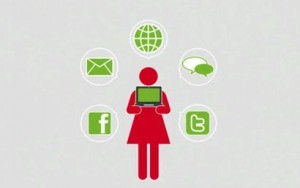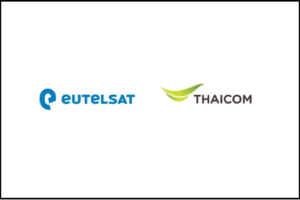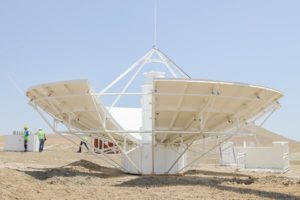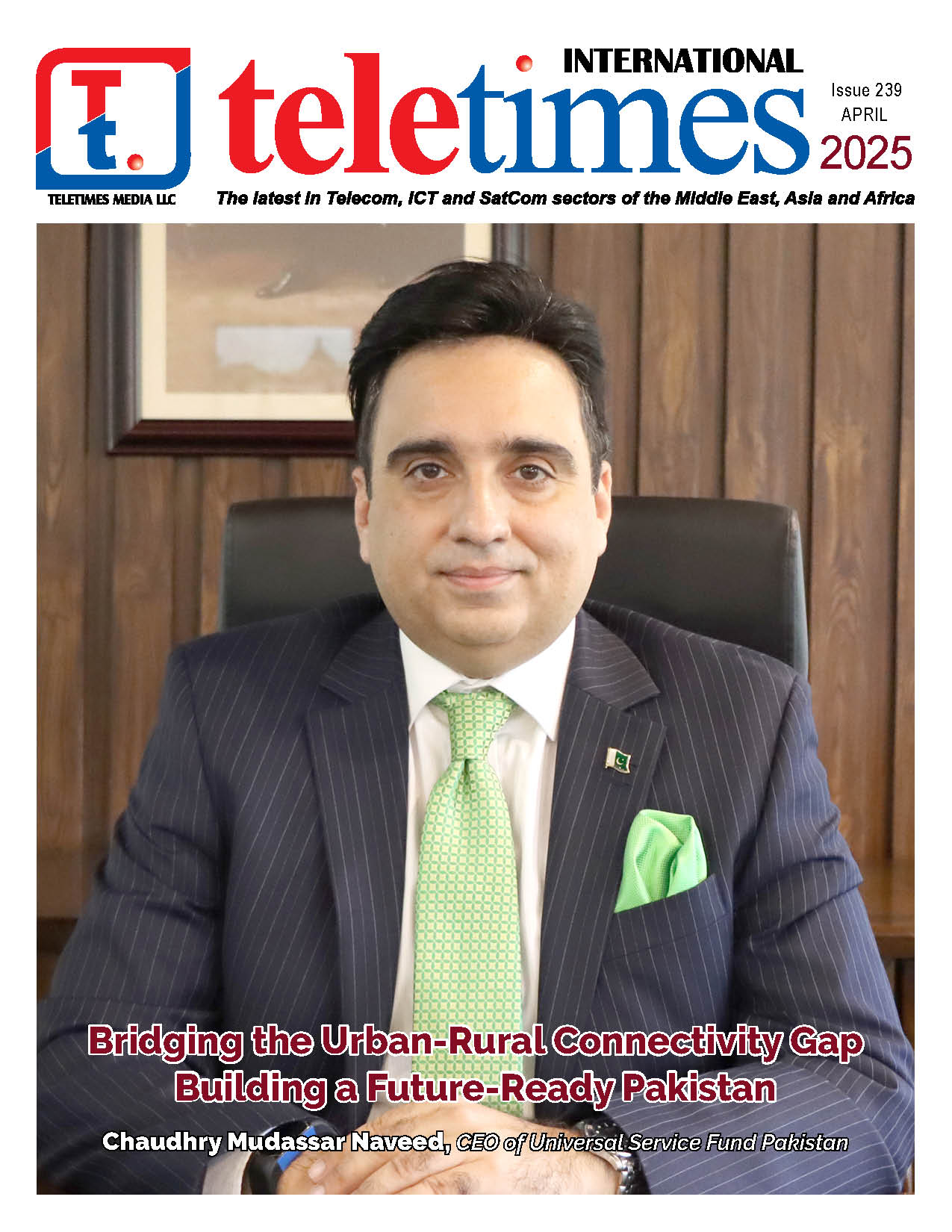Partnership with telecentre.org will extend access of basic ICT training to more than one million disadvantaged women worldwide
ITU has launched a digital liter acy partnership with Philippine-based NGO telecentre.org Foundation that over the next 18 months will train one million unskilled women to use computers and modern information and communication technology (ICT) applications to improve their livelihoods.
acy partnership with Philippine-based NGO telecentre.org Foundation that over the next 18 months will train one million unskilled women to use computers and modern information and communication technology (ICT) applications to improve their livelihoods.
The new Women’s Digital Literacy Campaign will leverage the combined reach of telecentre.org Foundation’s global network of 100,000 telecentres worldwide and ITU’s 192 Member States and 700 Sector Members to deliver training in ICT use following a ‘train the trainer’ model.
Between now and end 2012, training courses will be offered in at least 20,000 telecentres in countries around the world, each of which is expected to train at least 50 women – for a total of one million women trained.
“We hope this joint campaign with telecentre.org Foundation will have an enormous impact on improving the condition of women, wherever they may live, and whatever their circumstances,” said ITU Secretary-General Dr Hamadoun Touré. “With technology now widely recognized as a critical enabler for socio-economic development, this campaign will further reinforce ITU’s global efforts to promote the digital inclusion of women, and will be a key element in achieving Millennium Development Goal 3 on gender equality.”
Basheerhamad Shadrach, Executive Director of telecentre.org Foundation, said that offering digital skills to over one million women at the grassroots will help reverse the paradigm whereby, in many countries, technologies most often benefit men more than women. “These telecentre women, once trained to take advantage of the power of technology, will help their communities to access locale-specific information, time-tested knowledge, market opportunities, enhanced skills for employment and productivity, and more importantly, participate in the modern knowledge era, not only as mere consumers, but also as providers and producers of knowledge assets,” he said.
Under the terms of the agreement, ITU and telecentre.org Foundation are encouraging national governments, the private sector and other international organizations to contribute digital literacy curricula in local languages and/or to provide trainers and other resources to national telecentres.
In addition, ITU will contribute a number of curricula developed by its Telecommunication Development Bureau (BDT), notably from its Connect a School, Connect a Community initiative, as well as offering its ITU Academy distance learning platform for training purposes.
Through Connect a School, Connect a Community, ITU is already helping its Member States to leverage their connected schools as community ICT centres, providing ICT skills for the social and economic development of people with special needs, including women. Digital literacy training materials for women and other groups are freely available online at www.connectaschool.org.
ITU has also developed a range of digital literacy training materials designed to be used in school-based community centres and multi-purpose telecentres, by women, indigenous peoples, and persons with disabilities. In addition to providing basic ICT literacy, the materials show trainees how ICTs can be used to support a range of economic activities such as handicrafts, agro-tourism and agriculture.
The agreement provides for trainer training to be delivered via national telecentre networks that are partners of telecentre.org Foundation, including through national telecentre academies, universities, and other training institutions. It also mandates telecentre.org Foundation to continuously track and report on training delivered via a joint ITU-telecentre.org Foundation website, to ensure commitments are kept and momentum is maintained.
This agreement will formalize long-standing cooperation between the two organizations, who have already worked successfully together on a range of other capacity building initiatives around the world.
April 16, 2025










